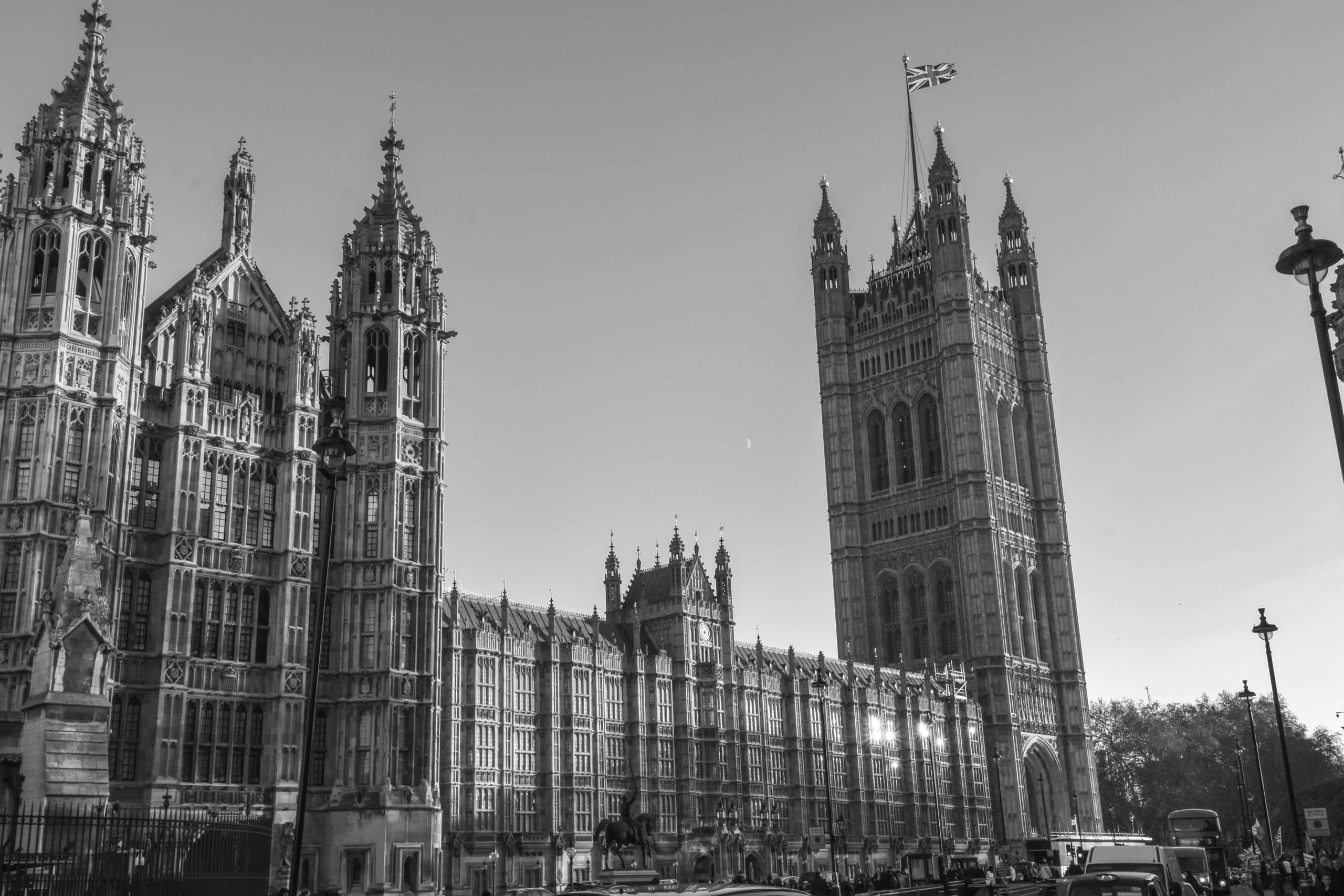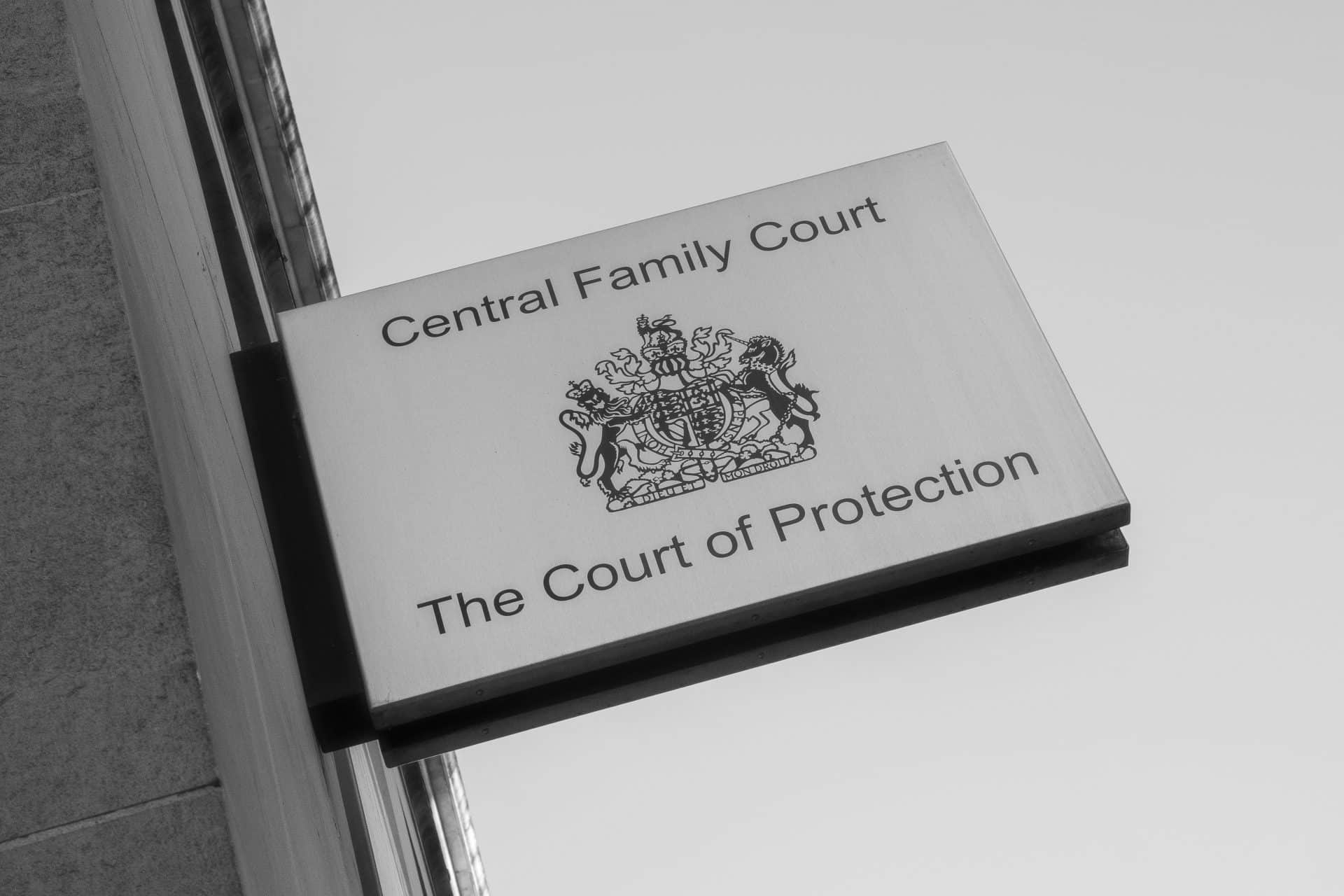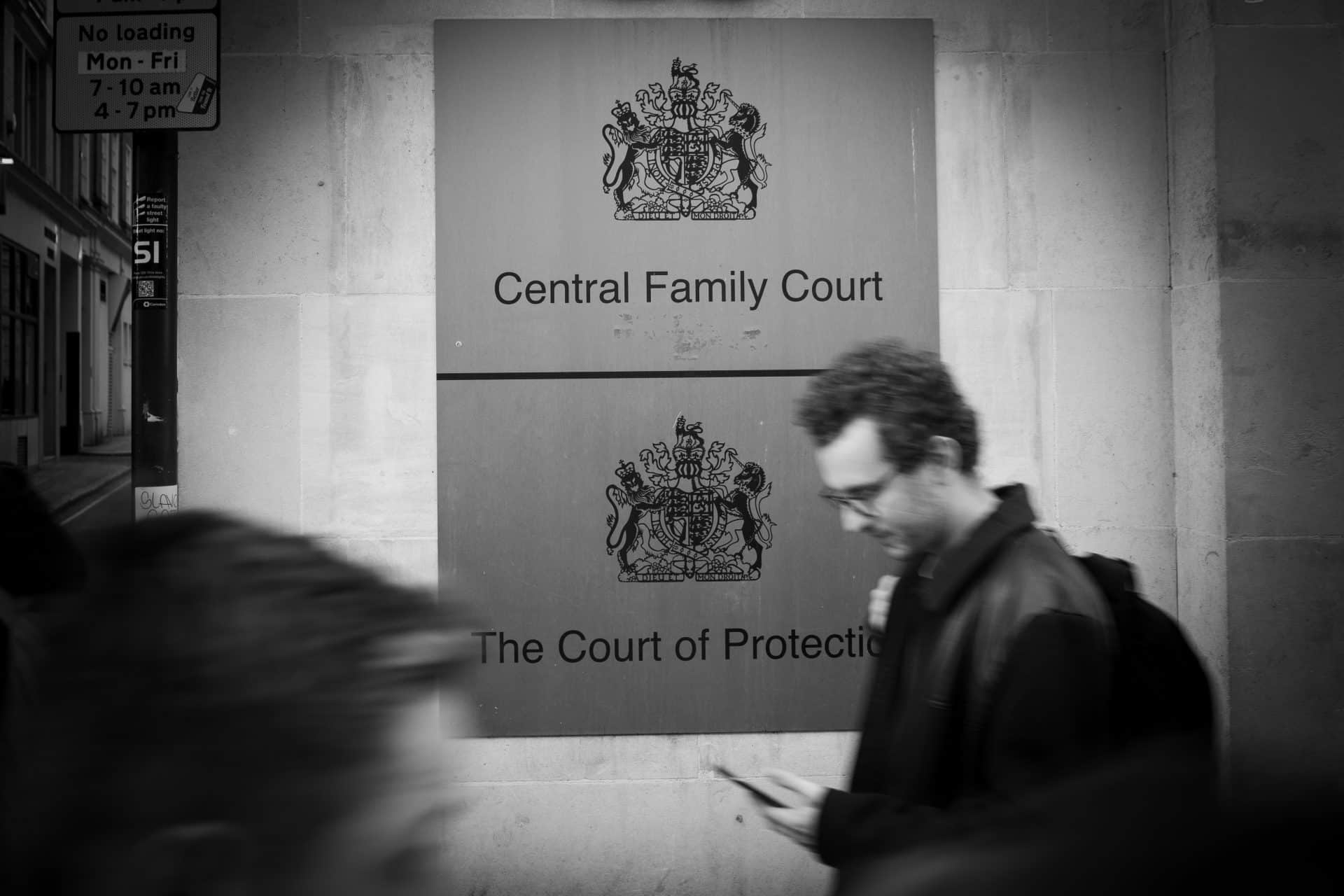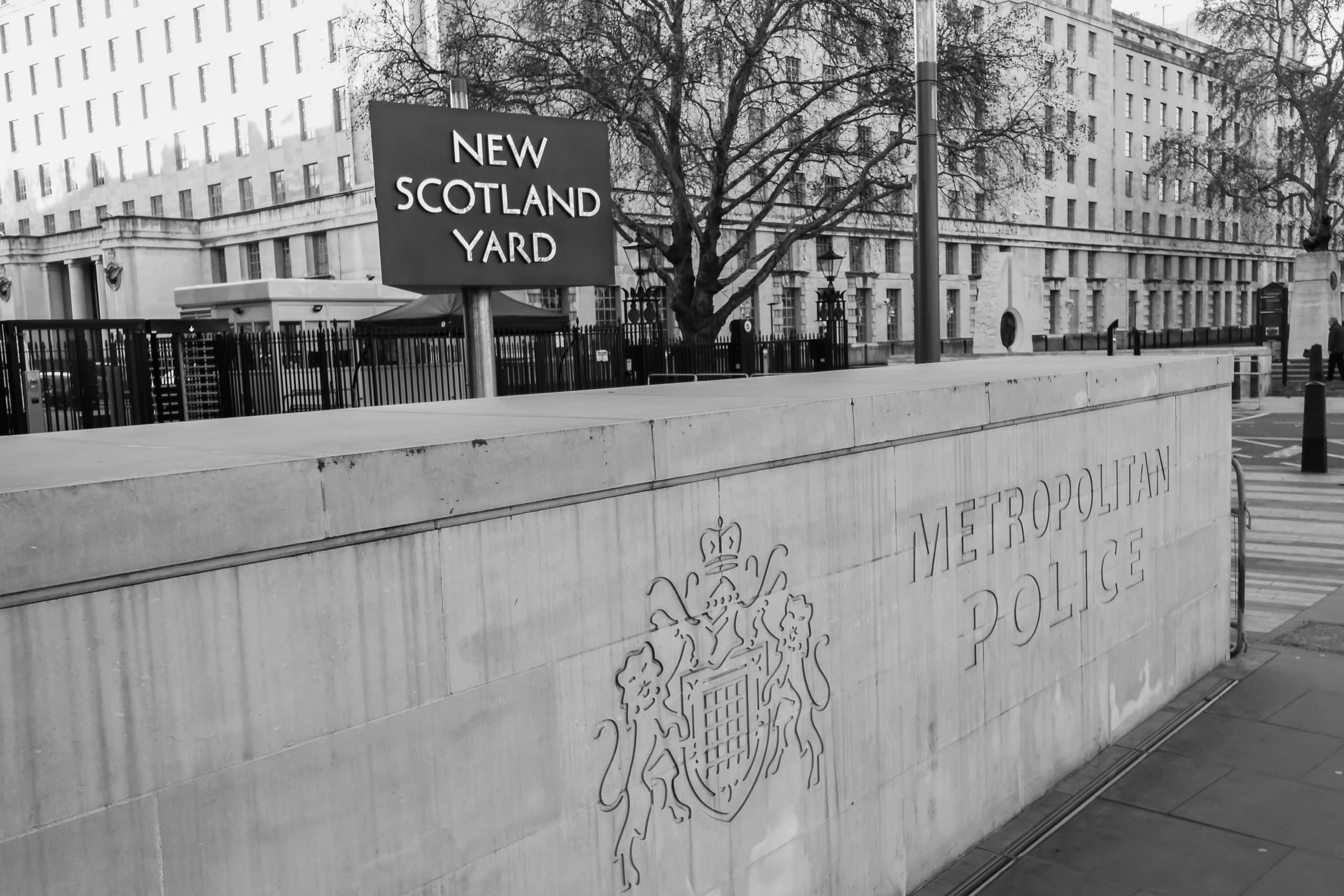Covid-19 - DOLS in the pandemic
The Department for Health and Social Care (DHSC) has published guidance for health and social care staff who are caring for, or treating, a person who lacks the relevant mental capacity. The guidance looks at deprivation of liberty - DOLS.
The emergency guidance for decision makers ensures that they are clear about the steps they need to take during this period.
The full guidance can be found on GOV.UK here: https://www.gov.uk/government/publications/coronavirus-covid-19-looking-after-people-who-lack-mental-capacity
During the Covid-19 pandemic, care arrangements for someone who lacks capacity to make decisions are expected to change and these changes are extremely likely to be more restrictive. These will include, amongst others, restrictions on visitors, movement from the care setting and mixing with others. There will also be cases where the individual has to be moved to hospital.
The guidance published by the DHSC states that:
“in most cases, changes to a person’s care … in these scenarios will not constitute a new deprivation of liberty, and a DoLS authorisation will not be required. Care and treatment should continue to be provided in the person’s best interests.”
In most cases there will be someone to consult with and make decisions that restrict an individual’s liberty that are in their best interests. However, there may be disagreements or no family or friends available to discuss decisions with. Some of the changes will also have a powerful impact on some people restricting movement and liberty.
The most significant change in the guidance is in paragraph 9 where it states:
"Where life-saving treatment is being provided in care homes or hospitals, including for the treatment of COVID-19, then this will not amount to a deprivation of liberty, as long as the treatment is the same as would normally be given to any patient without a mental disorder. This includes treatment to prevent the deterioration of a person with COVID-19. During the pandemic, it is likely that such life-saving treatment will be delivered in care homes as well as hospitals, and it is therefore reasonable to apply this principle in both care homes and hospitals. The DoLS process will therefore not apply to the vast majority of patients who need life-saving treatment who lack the mental capacity to consent to that treatment, including treatment to prevent the deterioration of a person with COVID-19."
There is some case law that can be applied to these guidelines. In R (Ferreira) v HM Coroner for Inner South London and others [2017] EWCA Civ 31, it was ruled by the Court of Appeal that the individual, Maria Ferreira “was not deprived of her liberty at the date of her death because she was being treated for a physical illness and her treatment was that which it appeared to all intents would have been administered to a person who did not have her mental impairment. She was physically restricted in her movements by her physical infirmities and by the treatment she received (which for example included sedation) but the root cause of any loss of liberty was her physical condition, not any restrictions imposed by the hospital”.
Whilst this is applicable to hospital settings where lifesaving treatment is given, it’s difficult to see how this can compare with a care home setting. In the DHSC guidance there is no clear guidance on what lifesaving treatment would be given in a care home setting. There is always a scope for challenge, which could be difficult given the current restrictions in place.
There is some comfort for care settings in the guidance where it says if they have followed the principles of the Mental Capacity Act then “they have done everything that can be reasonably expected in the circumstances to protect the person’s human rights".
Annexe A of the guidance has a clear flowchart that can assist with decision-making and ensuring the right path is followed.
COVID-19 - OPG issue guidance
The Office of the Public Guardian (OPG) published guidance in relation to the COVID-19 pandemic this week.
They state that the...
"Office of the Public Guardian (OPG) will continue to deliver its services and support those who are planning for the future and at most risk in society. As we deal with the impact of coronavirus, we are working hard to maintain our services and have robust plans in place which will support us to do this.
We will regularly review our position and ability to operate, this might mean that our approach will change to reflect Government advice and guidelines. We will provide updates when relevant."
The full guidance can be read on GOV.UK here
Covid-19 - Guidance on COP Hearings
Guidance has been issued by the Vice President of the Court of Protection with respect to hearings and how they are to be conducted during the current Covid-19 crisis.
Issued on the 18th March the guidance states that:
- the approach for the time being will be:
- Hearings with time estimates of 2 hours or less will be conducted by telephone. The applicant should make the necessary arrangements as set out in COPGN5;
- Hearings with time estimate of more than 2 hours will, in principle, proceed unless and until further guidance or specific application in the case (which will be decided by the judge hearing the case);
- It is likely that there will be an increase in the number of hearings being conducted remotely either in whole or in part;
- Where hearings are to be conducted by telephone or by skype, the court listings will be published in advance as usual and any updated guidance will be made public.
The key messages from the guidance are that hearings expected to last under two hours should be conducted by telephone, for hearings that are expected to last longer than two hours parties should take all possible routes to come to an agreement wherever possible but without compromising the interests of the client. Where it is not possible parties should seek a telephone/skype hearing having clearly identified the areas of agreement and disagreement.
Mr Justice Hayden goes on to state the pressure on Court staff at this time is barely sustainable and all professionals should do their best to alleviate the pressure as a “Professional Imperative”. He goes on to add that the “pandemic is causing great personal as well as professional anxiety. It is essential that you all keep yourselves as safe and as healthy as you possibly can.”
The full guidance can be downloaded here.
Coronavirus legislation implements swift changes
MP’s are to debate new legislation that will bring in a package of emergency measures to help tackle the coronavirus outbreak.
Whilst the legislation deals with a raft of proposals on public health grounds, medical provision and border controls, it also deals with the possible increase in mortality rates.
The legislation proposes significant changes to the way deaths are recorded, which includes the easing of requirements upon coroners to sign death certificates when other health practitioners aren’t available.
The proposed legislation will also allow funeral directors to register deaths on behalf of families if they are unable to make the arrangements due to being quarantined. Registrars will also be allowed to accept electronic copies of documents to carry out the registration.
The requirement for a second confirmatory medical certificate to be presented before a cremation takes place is to be removed to free up medical staff.
With regards to the “management” of deaths, local authorities will be allowed to streamline their services, which includes increasing the operating times for crematoriums and directing the movement of bodies. This will include co-opting forms not involved in the funeral sector to provide support where necessary.
The National Association of Funeral Directors report, on their website, that they support these changes to legislation, calling on the government to ensure that funeral service workers are key workers. They state that they “believe the legislation, combined with ongoing dialogue at both a national government and local resilience forum level, will enable the funeral profession to properly care…at a very difficult time”.
Some local authorities have already taken measures to protect the public and staff during the outbreak. Several crematoria, including Yeovil Crematorium run by South Somerset District Council, have suspended public facing services during the outbreak. Staff at the Yeovil site will still be operating services and responding to telephone calls and email enquiries, but waiting rooms, offices and chapels will be closed to the public. Cremations will still take place, but all public services will be suspended due to social distancing. Grounds will remain open to the public.
Cllr Peter Gubbins of South Somerset DC stated that “This has been an incredibly hard decision for us to make but the safety of the public and those that operate the site has to be our priority.
The risks of continuing to hold public services at this time are too great and we will be working with local funeral directors to ensure they are fully informed.
This is not something the council wants to do, nor takes lightly but, given the difficult circumstances, is a sensible course of action.”
(This article was originally published on our sister site - www.publichealthfunerals.org )
First 2020 Deputyship events announced
PADSN are delighted to announce the first two Deputyship Development Days for Local Authority Deputies in 2020.
We head first to Manchester on the 23rd April, for details and how to book visit the site here. The next event is to be the first one held in Wales, on the 4th June, for details on the Welsh event visit the site here.
This year the events are sponsored by probate genealogists, Finders International, and independent financial advisors, Frenkel Topping.
Both events will see speakers from Finders and Frenkel Topping, covering topics such as Investments, Welfare Benefits and how to trace next of kin. Both agendas will be published in the next few days and delegates can see what is on offer.
Although the events are aimed at Local Authorities who manage the finances of vulnerable people, private client solicitors and companies involved in managing financial people's finances are more than welcome to attend. It is a unique setting for those professionals to come together, understand each other's issues and network.
Both events are free of charge, lunch and refreshments will be provided.
OPG Investigations on the rise
A new report published in the Telegraph has highlighted a rise in financial abuse cases being dealt with. Hundreds of vulnerable individuals are being exploited by “deputies” each year according to new figures released by the Office of the Public Guardian (OPG).
The OPG Stripped powers from over four hundred deputies and attorneys in the year up to June this year, with many of those cases being passed on to Local Authorities.
Cases, where the OPG have acted, include ones where the Deputy has financially misappropriated funds from the person they are supposed to be acting on behalf of. These acts include re-mortgaging properties, changing beneficiaries of a will, gaining access to savings.
In 2018/19, the OPG dealt with 603 complaints against deputies and investigated almost 3000 Deputies and those holding Powers of Attorney.
You can read much more at the Telegraph’s website – https://www.telegraph.co.uk/money/consumer-affairs/spike-exploitation-vulnerable-people-court-removes-hundreds/
Mediation is live!
A nationwide mediation scheme for Deputies has gone live.
The scheme has the aim of mediating in cases where there are disputes, exploring if affected parties can come to an agreement before having to take the matter back to the Court to resolve.
The scheme will run for up to eighteen months, starting from the 1st October 2019.
This pilot scheme is not a formal OPG or Court scheme though it does run alongside the OPG Mediation project.
More information can be found on the scheme's website - https://www.courtofprotectionmediation.uk/
Elder abuse - Police fail to act
A new report on elder abuse has been issued by Her Majesty’s Inspectorate of Constabulary and Fire & Rescue Services (HMICFRS) highlights the failure of Police forces and the Crown Prosecution Service (CPS) to deal with crime against older people.
As most local authority Deputyship teams are aware, getting the police to act on a crime is extremely hard even if the evidence is supplied proving guilt.
As the average age of the population increases, almost inevitably, the amount of crime committed towards older people will increase as well. The report found that the police have only a “superficial understanding” of the nature and extent of crimes against older people and that the Police and CPS lacked any joint cohesive and focused strategy to deal with older victims of crime. The report looked at 192 cases in total, from forces across the country. Of those cases reviewed it was discovered that in 101 cases the care was not appropriate. Of the cases inspected 153 should have been referred to the local authority under safeguarding procedures, in fact only 76 were referred.
The investigation was carried out in the following forces - Greater Manchester, North Wales, Dorset, Humberside, Cambridgeshire and Gloucestershire.
Responding to the report John Beer, the chair of Action on Elder Abuse, said: “This is a truly damning report about the way the criminal justice system treats older victims. Action on Elder Abuse has led the call for a specific offence or aggravating factor of elder abuse, in recognition of the devastating impact crime has on older victims. As a society we already recognise that where a victim is targeted because of their race, religion, sexual identity or disability, a tougher sentence should apply.”
The following recommendations have been made -
- The National Police Chiefs Council (NPCC) and the CPS should, within six months, agree a definition of what constitutes an older victim and take a coordinated approach to understand and respond to the problem.
- The NPCC should, within six months, establish a standard way for police forces to conduct a victim needs assessment.
- The NPCC and College of Policing (COP) should, within six months, develop a strategy for how the police service should respond to the problems faced by older people, and agree who should be responsible for it.
- The NPCC and COP should, as a matter of urgency, develop guidelines and training for officers involved in adult safeguarding procedures.
The report can be read in full on the HMICFRS website via the link below.
HMICFRS report on Crime against Older People
Farewell and Hello
Alan Eccles, Public Guardian and Chief Executive of the Office of the Public Guardian (OPG), retires from service at the end of June. His successor, who takes up his role on the 1st July, is Nick Goodwin.
Eccles replaced Martin John in 2012 and has overseen a transformation of the OPG's services including an increase in take up of Lasting Powers of Attornies and better communication between Deputies and the OPG.
You can read more on the OPG Blog page here.
LPS - Prepare for change
Liberty Protection Safeguards are due to be implemented in the autumn next year, later than initially expected.
Caroline Dinenage, Care Minister, announced that they would come into force from 1 October 2020, she also stated that the various agencies would work with stakeholders to develop draft chapters for the Code of Practice. The public will be able to comment following a consultation after the code of practice has been drafted. The final draft of the act will be laid before parliament in Spring 2020, together with a final set of regulations.
Dinenage also stated that the Mental Capacity Code of Practice will also be updated alongside the new legislation.
Councils will discover shortly what is expected of them as the Government will be issuing new guidance to them, helping them prepare. The Government will be developing training programs in order to support staff and approve professionals who will act as the new Approved Mental Capacity Professionals (AMCP)







